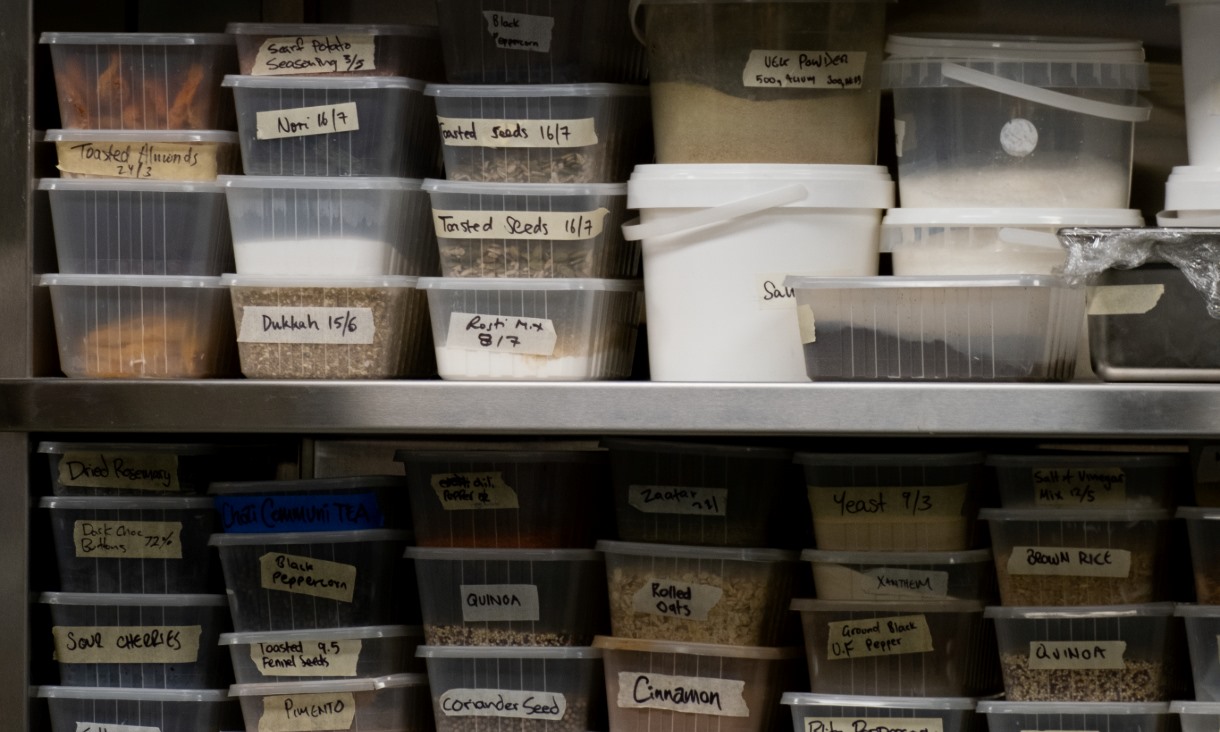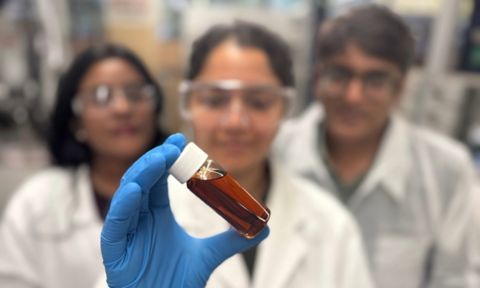Tony Green, CEO of the Australian Foodservice Advocacy Body, which took part in the research, said the study produced timely and helpful advice.
“With hospitality increasingly feeling the squeeze from the costs-of-doing business, we're pleased to be a part of this meaningful report to cut waste, hence reduced food costs,” he said.
"It's not up to the foodservice industry alone to solve these issues, but we're committed to doing our bit and that's made easier with research such as this powerful study.”
Researchers found businesses could reduce food waste and costs by teaching staff skills like reducing food trim and preservation processes like pickling, freezing and dehydrating.
Buying aesthetically imperfect produce directly from farmers could also be a major cost saver.
"When it comes to food, looks aren't everything and certainly are not a guarantee of flavour,” Lewis said.
“With their cooking knowledge, cafes are in a great position to lead the way in making delicious food from less-than-perfect produce."
Other recommendations include reducing plate and portion size and encouraging customers to take home unfinished food.
The report also calls for further financial support for infrastructure like cool rooms and compost systems to help preserve and recycle foods.
Subsidies and tax incentives to help cafes and restaurants make these changes, along with support around menu planning, design and implementation, form part of the report’s recommendations.
Sample low-waste menus and practical tips for cafe owners produced as part of this study are available on the End Food Waste Australia website.
The research was conducted by RMIT University for End Food Waste Australia, which is leading the development of Sector Action Plans as a key tool to reduce food waste through collaboration across the supply chain.
The Cafe Sector Action Plan Report, with RMIT co-authors Tania Lewis, Helen Addison-Smith, Sam Quirk, Kelly Donati, Jessica Danaher, Bhavna Middha and Sarah Polkinghorne, is published by RMIT University and End Food Waste Australia.
Story: Aеden Ratcliffе








